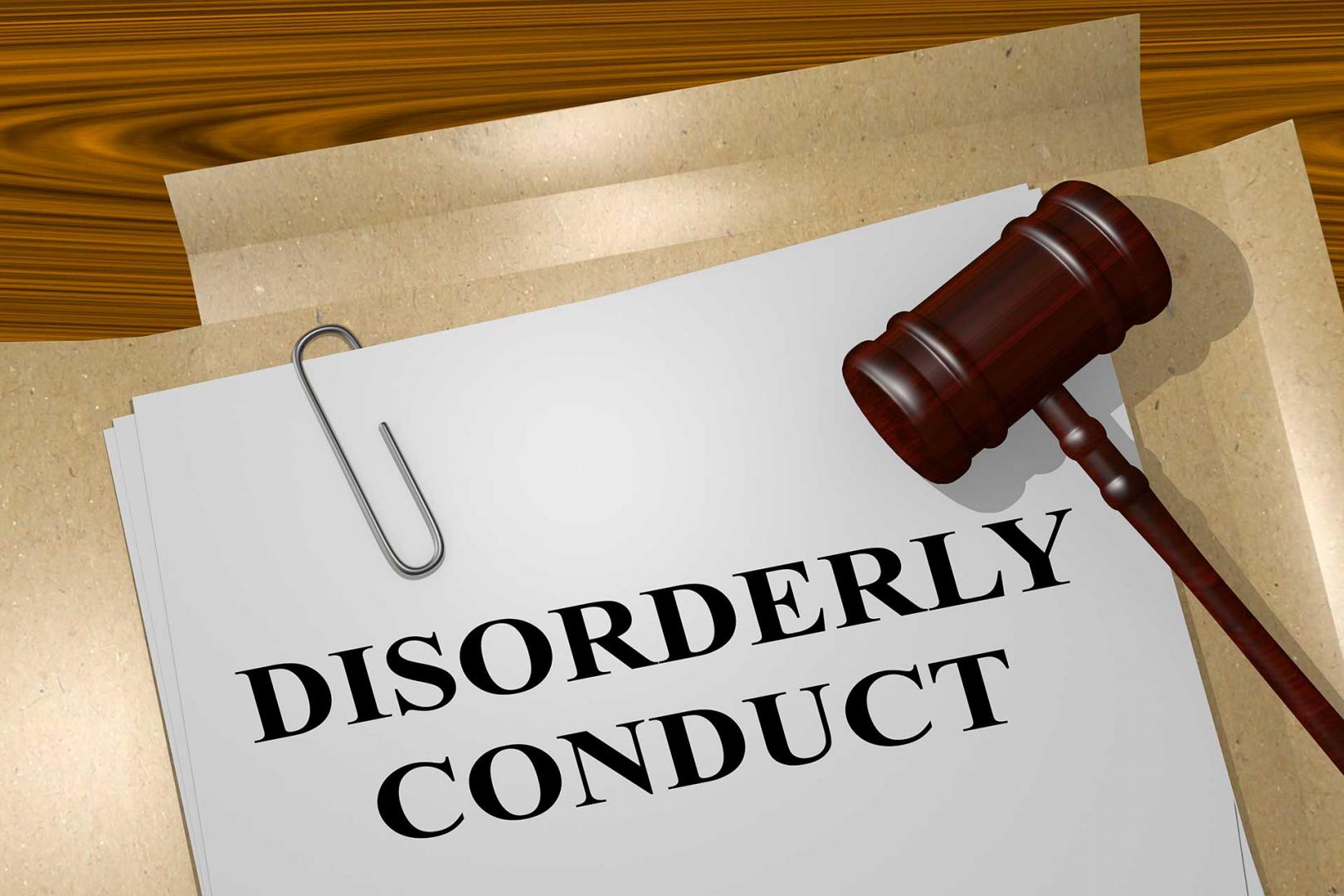What Are the Legal Requirements for Obtaining an Anger Management Certificate in Australia?
In Australia, obtaining an anger management certificate involves meeting specific legal requirements, particularly when mandated by the court. PT Counselling PTY LTD offers accredited programs that help individuals meet these legal obligations.
Court-Ordered Requirements for Anger Management Certificates
When a court mandates an anger management program, individuals must complete a certified program to meet the legal requirements. These court-ordered programs are often required in cases involving criminal charges such as assault, domestic violence, or road rage incidents. To obtain an official anger management certificate, individuals must successfully complete an accredited course recognised by the court.
At PT Counselling PTY LTD, we offer structured, court-approved anger management programs tailored to meet these legal standards. The program typically involves a set number of sessions, during which participants learn to identify anger triggers, develop coping mechanisms, and improve emotional regulation. Once the program is completed, a certificate is issued, which can be presented to the court as proof of compliance. This certificate may be used to demonstrate rehabilitation, seek leniency, or fulfil the conditions set by the court.
Personal Requirements and Program Completion
In addition to the legal requirements, individuals seeking an anger management certificate must be committed to the process of personal growth and emotional management. PT Counselling PTY LTD’s anger management programs are designed to ensure that participants not only fulfil court obligations but also develop valuable skills for long-term emotional control. The program covers a range of topics, including stress management, communication techniques, and strategies to handle difficult situations without resorting to anger.
While completion of the program is required for certification, participants must also demonstrate a willingness to engage with the material, participate in discussions, and apply the strategies learned. Successful completion leads to the issuance of a certificate, which serves as tangible evidence of personal development and legal compliance, helping individuals move forward with their lives.

